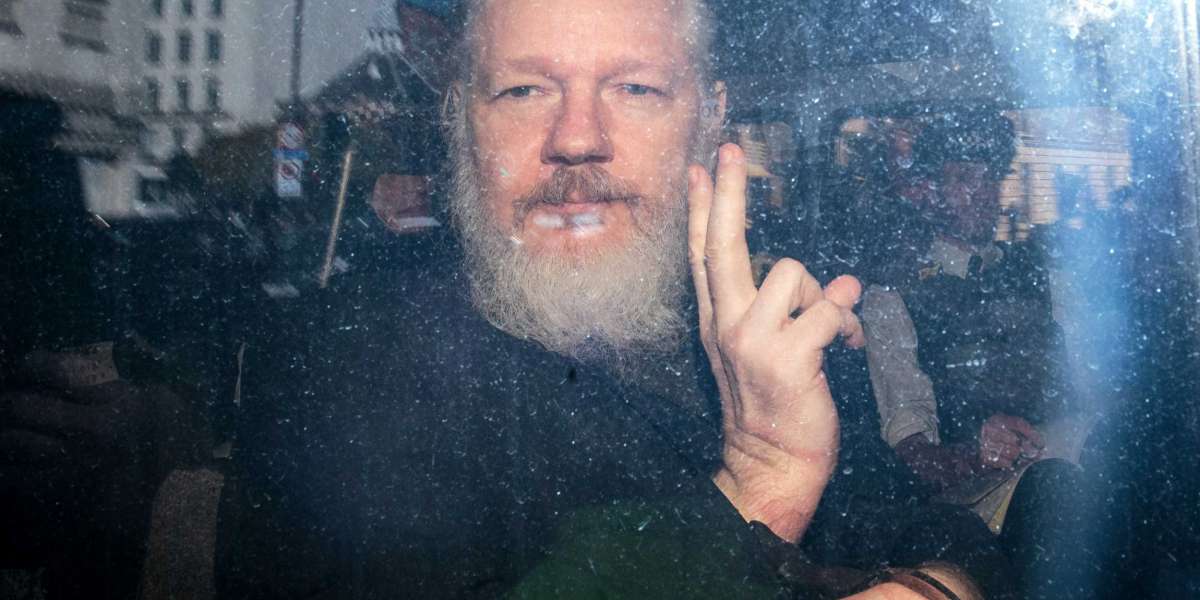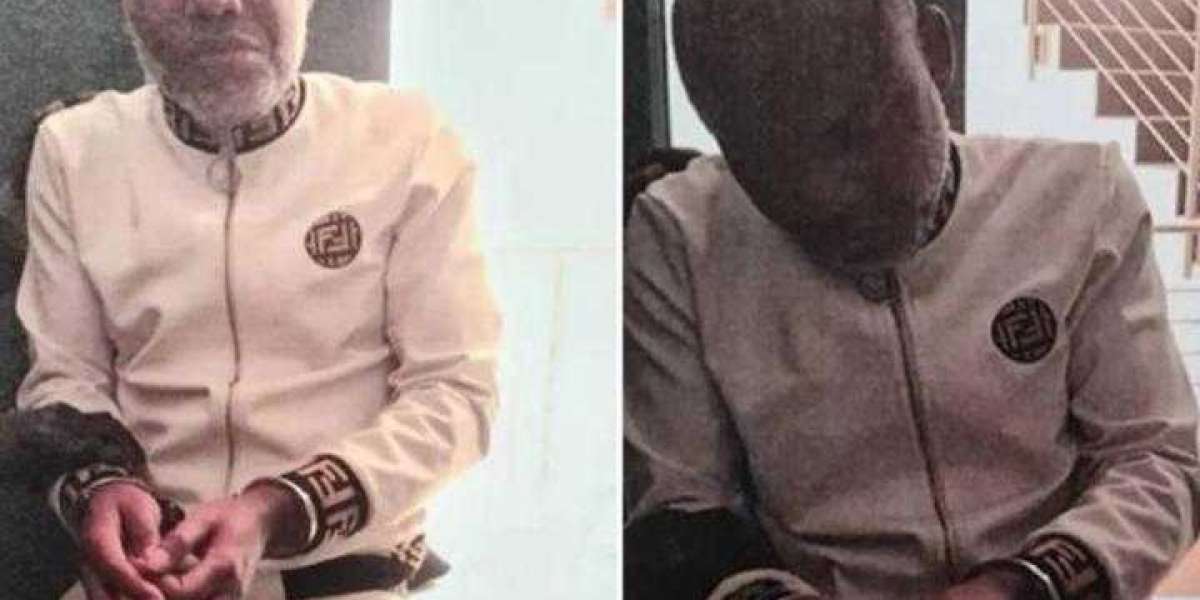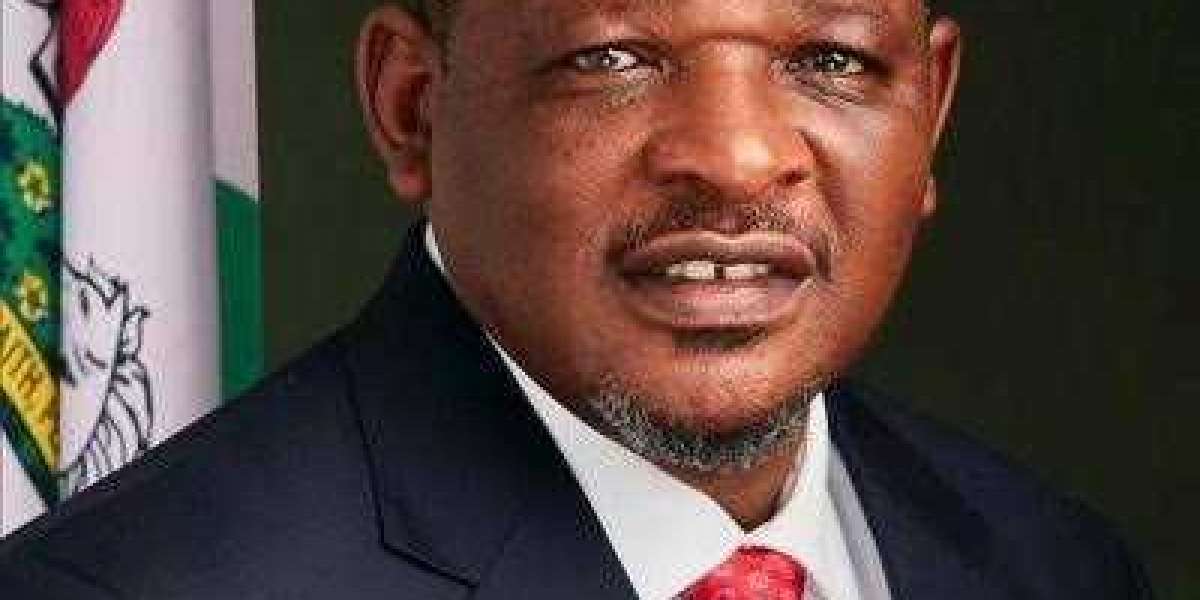The judge on Monday`December 4, blocked the request because of concerns over Mr Assange's mental health and risk of suicide in the US.
The 49-year-old is accused by US authorities of conspiring to hack government computers and of violating an espionage law in connection with the release of confidential cables by WikiLeaks in 2010-2011.
In her ruling, Judge Vanessa Baraitser rejected nearly all of the arguments put forward by Assange's lawyers, including that the charges were politically motivated and that he would not receive a fair trial in the US.
However, Judge Baraitser refused the request on the basis of Assange's mental condition and risk of suicide.
Assange, she said, lived with at times severe depression and had been diagnosed with Asperger's syndrome and autism.
"I find that Mr. Assange's risk of committing suicide if an extradition order were to be made, to be substantial," Judge Baraitser said in her ruling at London's Old Bailey.
"Faced with conditions of near-total isolation … I am satisfied that the procedures [outlined by US authorities] will not prevent Mr Assange from finding a way to commit suicide," she said.
US government prosecutors have indicated they will appeal against the ruling in London's High Court, which could see the case go further to the UK's Supreme Court and delay an outcome for some time.
Mr Assange will now be taken back to Belmarsh Prison, where he is being held with his lawyer, Edward Fitzgerald QC, expected to apply for bail for his client on Wednesday, pending that appeal.
Assange has been in custody since April 2019, when he was arrested inside the Ecuadorian embassy in London and jailed for breaching bail conditions, before the US Justice Department formally asked for his extradition in June 2019.
If convicted in the US, Mr. Assange faces a possible penalty of up to 175 years in jail, his lawyers have said.



